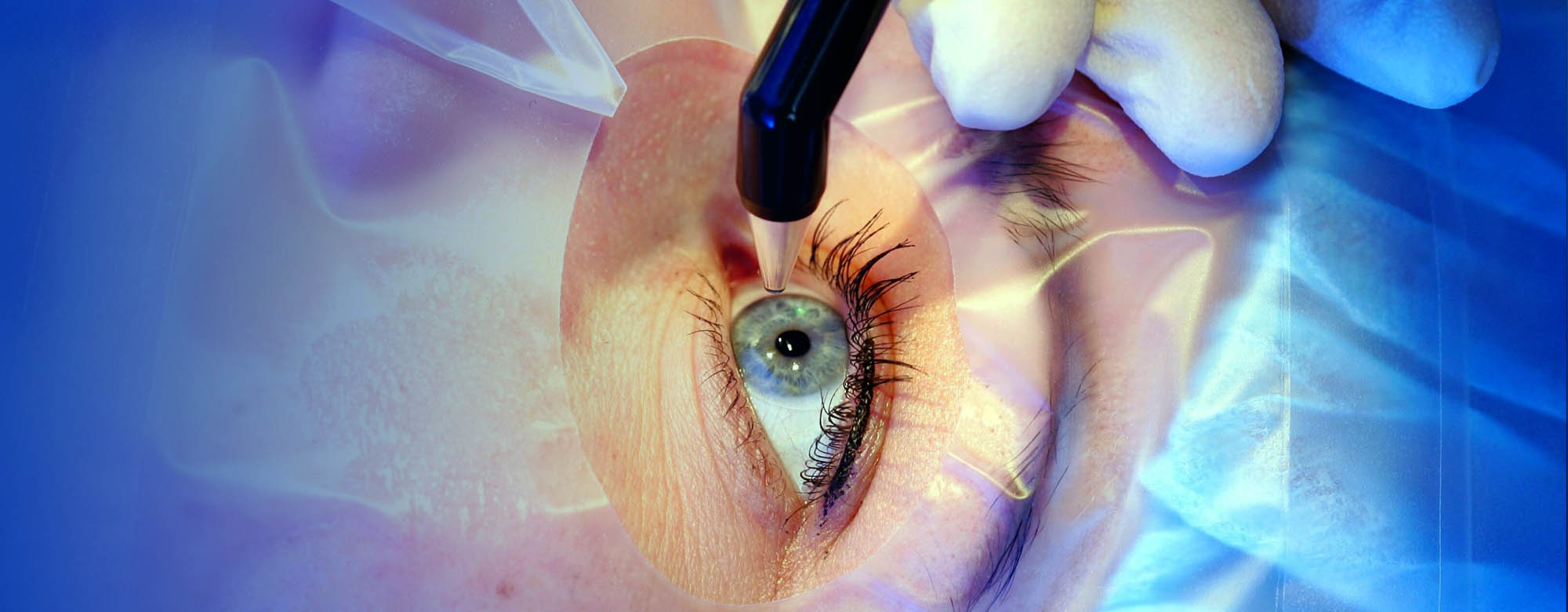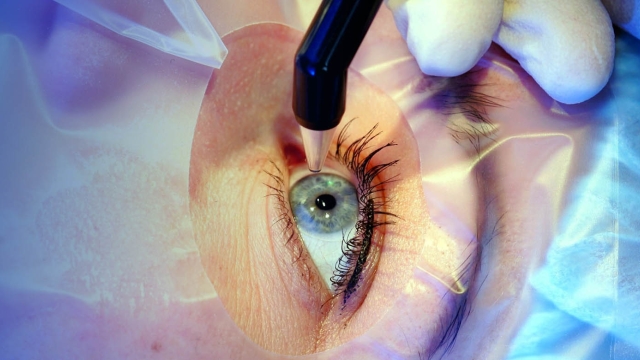In the vast realm of medical specialties, ophthalmology stands out as a discipline focused on the intricate wonders of our visual system. From the delicate structures of the eyes to the complexities of vision, ophthalmology brings clarity to the forefront. With advanced techniques and relentless dedication, ophthalmologists not only diagnose and treat eye conditions, but they also unveil the secrets that lie beneath the surface, enabling us to see the world with newfound clarity.
One crucial aspect of ophthalmology is its role in diabetic eye screening. With diabetes affecting millions worldwide, the importance of regular eye exams for individuals with diabetes cannot be emphasized enough. Diabetic retinopathy, a progressive condition that affects the blood vessels in the retina, can lead to vision loss if left untreated. Through meticulous evaluations and specialized imaging, ophthalmologists play a vital role in detecting retinopathy early on, offering hope for preserving vision and preventing its complications.
Another challenge that ophthalmology addresses is the relentless battle against glaucoma. Often referred to as the "sneak thief of sight," glaucoma gradually damages the optic nerve, leading to irreversible vision loss if not managed effectively. Ophthalmologists utilize a range of diagnostic tools, including measuring intraocular pressure and conducting visual field tests, to detect and monitor glaucoma. By implementing personalized treatment plans tailored to each patient’s needs, they strive to slow down the progression of the disease and safeguard the gift of sight.
Immersed in the intricacies of the visual system, ophthalmology holds the key to unlocking the secrets of our eyes. From unraveling the mysteries of diabetic retinopathy to combating the stealthy nature of glaucoma, ophthalmologists diligently work to provide solutions that enable us to see clearly. So let us embark on a journey through the fascinating world of ophthalmology, where innovation and expertise converge to bring light to the darkness and restore vision to those in need.
Understanding Ophthalmology
Ophthalmology is a branch of medicine that focuses on the diagnosis and treatment of eye disorders. It plays a crucial role in ensuring the health and well-being of our vision. With advancements in technology and research, ophthalmology has made significant progress in identifying and treating various eye conditions, helping individuals see the world clearly.
One area of ophthalmology that holds immense importance is diabetic eye screening. Diabetes can adversely affect the blood vessels in the eyes, leading to a condition known as retinopathy. Regular diabetic eye screening is crucial as it helps detect retinopathy in its early stages, when treatment can be more effective. Early intervention can prevent vision loss and improve the overall quality of life for those living with diabetes.
Another significant eye condition that ophthalmology addresses is glaucoma. Glaucoma refers to a group of eye diseases that can cause damage to the optic nerve, leading to vision loss. It is often associated with increased eye pressure. Ophthalmologists employ various techniques to diagnose and manage glaucoma, including eye exams, visual field tests, and the use of specialized instruments. Timely diagnosis and appropriate treatment can help slow down the progression of glaucoma and preserve vision.
Ophthalmology is a multidisciplinary field that combines medical knowledge, surgical skills, and technological advancements to ensure optimal eye health. Ophthalmologists work closely with optometrists and other healthcare professionals to provide comprehensive eye care. Through continuous research and innovation, the field of ophthalmology aims to improve diagnostic techniques, treatment options, and surgical procedures, ultimately benefiting individuals across the globe.
Diabetic Eye Screening: A Vital Preventive Measure
Diabetic eye screening is an essential practice in ophthalmology for individuals with diabetes. This screening is aimed at detecting any early signs of potential eye complications that may arise as a result of diabetes. By utilizing advanced diagnostic techniques and equipment, ophthalmologists can identify and address these issues promptly, thus preventing further damage to the eyes.
One of the main concerns when it comes to diabetes and the eyes is retinopathy. This condition occurs when the blood vessels in the retina, located at the back of the eye, are damaged due to high blood sugar levels. Diabetic eye screening enables ophthalmologists to closely monitor the health of the retina and identify retinopathy in its early stages. Early detection allows for timely intervention and management, preventing the progression of retinopathy and potential vision loss.
Apart from retinopathy, another condition that can be detected through diabetic eye screening is glaucoma. Glaucoma is characterized by increased pressure within the eye, which can lead to optic nerve damage and vision impairment. Through regular screenings, ophthalmologists can measure the intraocular pressure and identify individuals at risk of developing glaucoma. Early diagnosis and appropriate treatment can help prevent the progression of the disease and preserve visual function.
Diabetic eye screening
In conclusion, diabetic eye screening plays a crucial role in preventive ophthalmology. By detecting conditions such as retinopathy and glaucoma at their early stages, ophthalmologists can take necessary measures to prevent further complications and preserve the vision of individuals with diabetes. Regular screenings are vital for maintaining ocular health and overall well-being in diabetic patients.
Managing Retinopathy and Glaucoma
Retinopathy and glaucoma are two common eye conditions that require proper management to prevent vision loss. In this section, we will discuss some key strategies for effectively managing these conditions.
Regular Eye Examinations:
Regular eye examinations are crucial for individuals with retinopathy or glaucoma. These conditions often have no symptoms in the early stages, making regular check-ups essential. During these examinations, ophthalmologists can assess the progression of retinopathy and glaucoma, adjust treatment plans if necessary, and recommend further interventions to maintain eye health.Diabetic Eye Screening:
For individuals with diabetes, routine diabetic eye screening is vital for the early detection of retinopathy. This screening process involves a comprehensive evaluation of the retina to identify any abnormalities. Early detection allows for prompt intervention and management to prevent further damage to the eyes. By staying consistent with your diabetic eye screenings, you increase the chances of effective retinopathy management.Treatment Options:
The management of retinopathy and glaucoma often involves various treatment options tailored to the individual’s specific needs. These may include medications, laser therapy, or surgical interventions. The goal is to control the progression of retinopathy and glaucoma, minimize symptoms, and preserve vision. It is important to work closely with your ophthalmologist to determine the most suitable and effective treatment plan for your condition.

By following these strategies for managing retinopathy and glaucoma, individuals can take proactive steps in preserving their eye health and minimizing the risk of vision loss. Regular eye examinations, diabetic eye screenings, and appropriate treatment options are essential components in maintaining optimal eye function and quality of life.



